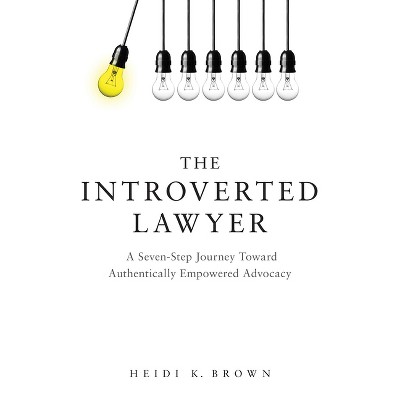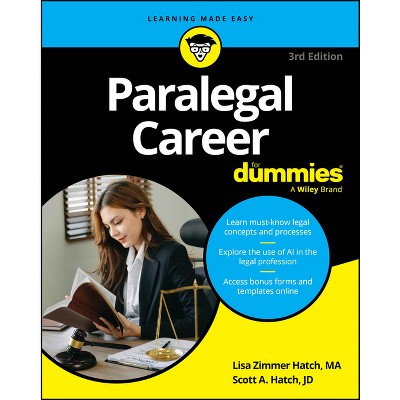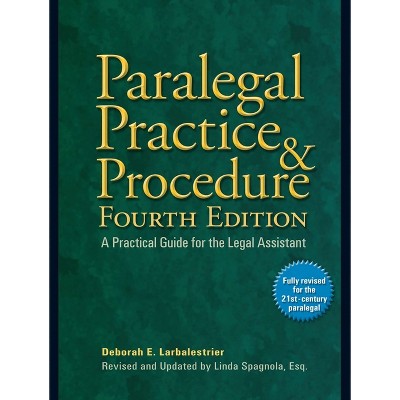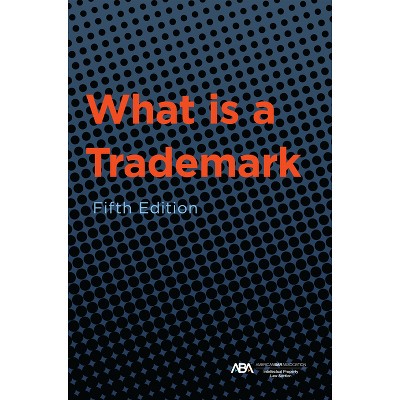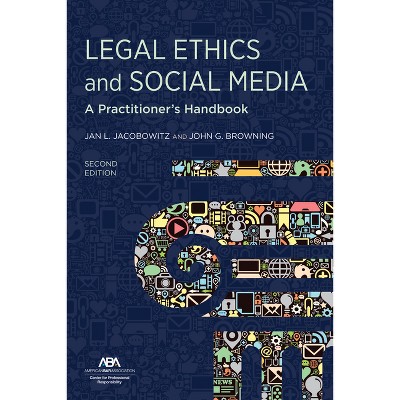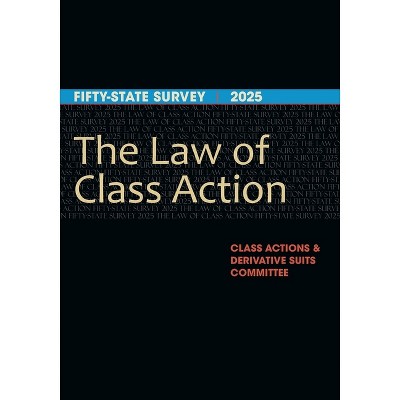About this item
Highlights
- Ronda Muir's second edition of her user-friendly best-selling Beyond Smart: Lawyering with Emotional Intelligence updates the research that shows how lawyers in all walks of the profession can use the burgeoning science of emotional intelligence (EI) to address the pressing issues individual lawyers and practices are currently being confronted with, including how to: Become smarter, better practitioners - as negotiators, civil and criminal litigators, and judges;Be personally more productive and profitable;Become physically and mentally healthier in an era of high post-Covid stress;Be more effective leaders in an increasingly challenging profession;Develop practices that can thrive in a competitive and technologically complex marketplace, so as to be able to outperform even the rise of artificial intelligence;Build practices that profit from higher emotional intelligence through increased performance, enhanced teamwork, and greater client satisfaction, as well as lower attrition, healthcare, and professional liability costs;Address the workplace issues arising from remote work, high-stress and disengagement that are bedeviling legal practices; andTake the steps available to individuals, law schools, and workplaces to raise personal and profession-wide emotional intelligence.For legal professionals wanting to improve their productivity, communication, client service and leadership skills and create a high performance, high functioning and more profitable workplace in the 21st century, there is no better guide than the second edition of Beyond Smart: Lawyering with Emotional Intelligence.
- Author(s): Ronda Muir
- 482 Pages
- Freedom + Security / Law Enforcement, Mental Health
Description
About the Book
"Many industries have, over the last thirty years, gone on to embrace emotional intelli-gence as the attribute that can both predict and achieve superior individual and organiza-tional performance. Emotional intelligence is also key to better physical and mental health, resulting in lower organizational costs from attrition, healthcare, and professional liability. Businesses like Google, Aetna, and Johnson & Johnson have built programs for their entire workforce around enhancing emotional intelligence. Doctors, to whom we lawyers like to compare ourselves, are including EI in medical school admissions and physician training because it promotes both good medical care and physician health. Perhaps no other profession relies so heavily on cognitive intelligence as law. Through changing application requirements, law schools continue to prefer the most logical appli-cants, and they rigorously employ the Socratic method in classrooms to ferret out any nonrational tendencies that remain. Law firms and law departments hire the top and presumably most rational law school graduates and then enforce cultures of strict ration-ality. Emotion is what we in the law business have been intent on eliminating. So, emotion-al intelligence may seem like an oxymoron to us. What do lawyers need it for? While some lawyers flourish in their work, troubling data on law people have been ac-cumulating for years. Even before the Covid pandemic and the lockdown's well-documented impact on workers generally, lawyers suffered outsized levels of emo-tional distress-six times the level of depression, for example-as any other professional group, outdoing even those oft-maligned dentists. The extremely high rates of suicide and substance abuse (both still underreported), divorce, and health issues among lawyers tes-tify to a degree of personal dysfunction that is astonishing. As testament to this dysfunc-tion, lawyers leave the practice of law in droves, and those who stay are often deeply dis-satisfied. A distressed, unhappy lawyer may well be on the front line advising our clients on critical issues. It should be no surprise that reports of client dissatisfaction have soared in recent years, and that malpractice liability is an increasing concern"--Book Synopsis
Ronda Muir's second edition of her user-friendly best-selling Beyond Smart: Lawyering with Emotional Intelligence updates the research that shows how lawyers in all walks of the profession can use the burgeoning science of emotional intelligence (EI) to address the pressing issues individual lawyers and practices are currently being confronted with, including how to:
- Become smarter, better practitioners - as negotiators, civil and criminal litigators, and judges;
- Be personally more productive and profitable;
- Become physically and mentally healthier in an era of high post-Covid stress;
- Be more effective leaders in an increasingly challenging profession;
- Develop practices that can thrive in a competitive and technologically complex marketplace, so as to be able to outperform even the rise of artificial intelligence;
- Build practices that profit from higher emotional intelligence through increased performance, enhanced teamwork, and greater client satisfaction, as well as lower attrition, healthcare, and professional liability costs;
- Address the workplace issues arising from remote work, high-stress and disengagement that are bedeviling legal practices; and
- Take the steps available to individuals, law schools, and workplaces to raise personal and profession-wide emotional intelligence.
For legal professionals wanting to improve their productivity, communication, client service and leadership skills and create a high performance, high functioning and more profitable workplace in the 21st century, there is no better guide than the second edition of Beyond Smart: Lawyering with Emotional Intelligence.
Review Quotes
"Emotional intelligence is one of the most important, yet overlooked, areas of law practice...Ronda Muir has written what is instantly the standard in the field. It is a gift for lawyers and legal educators alike."
-Daniel S. Bowling, III, Senior Lecturing Fellow, Duke Law School, Recipient, 2016 Outstanding Professor
"Every managing partner needs to read this book...The good news is that there are things that can be done to improve emotional intelligence."
-Sir Anthony Salz, former Chair, Freshfields Bruckhaus Deringer
"A must-read for in-house counsel striving to successfully navigate internal management emotions and external interactions."
-Steven Overly, senior legal leader over a 30-year career at Lockheed Martin, General Electric, NUI, Cirrus Logic, and other companies

